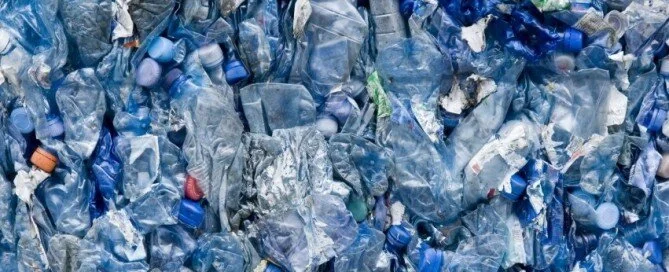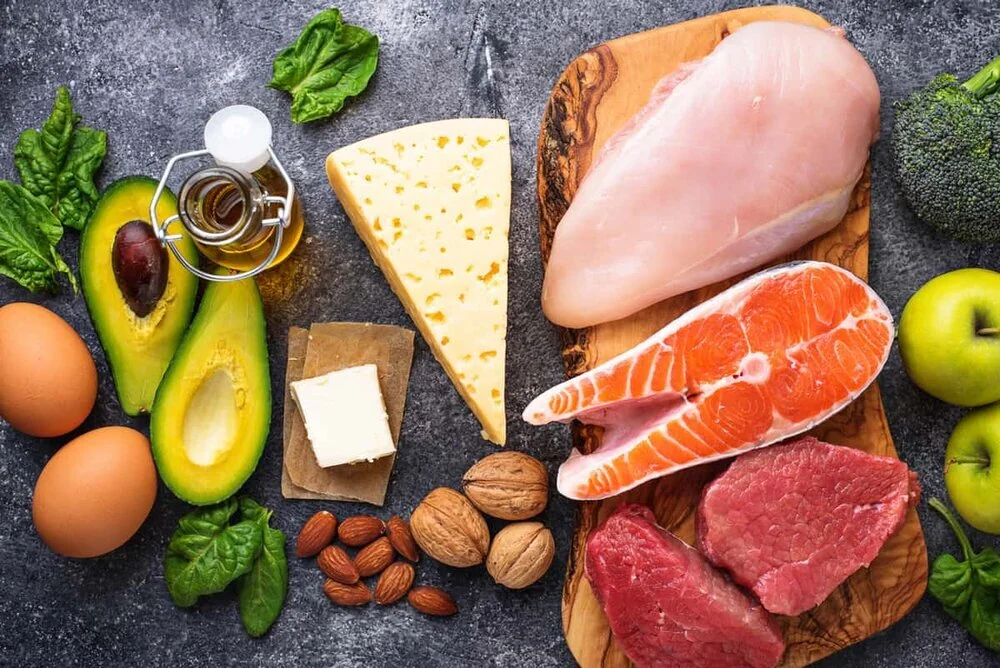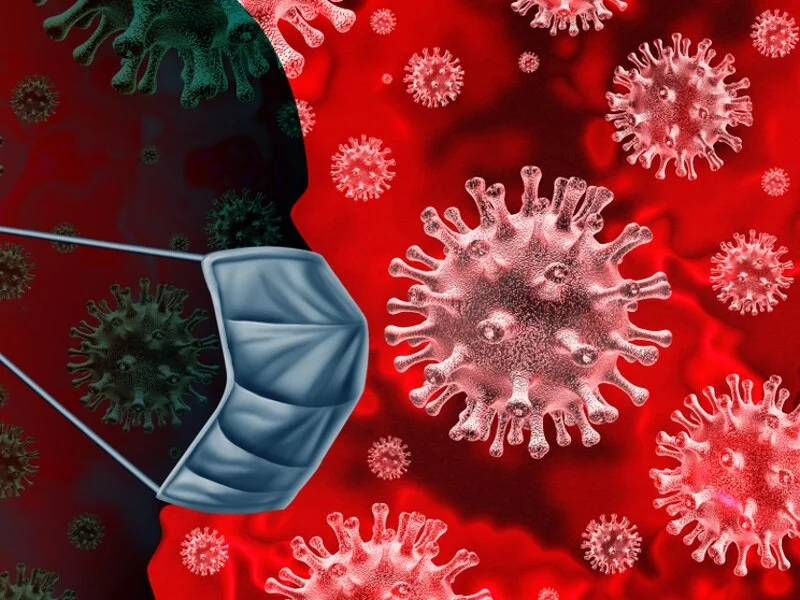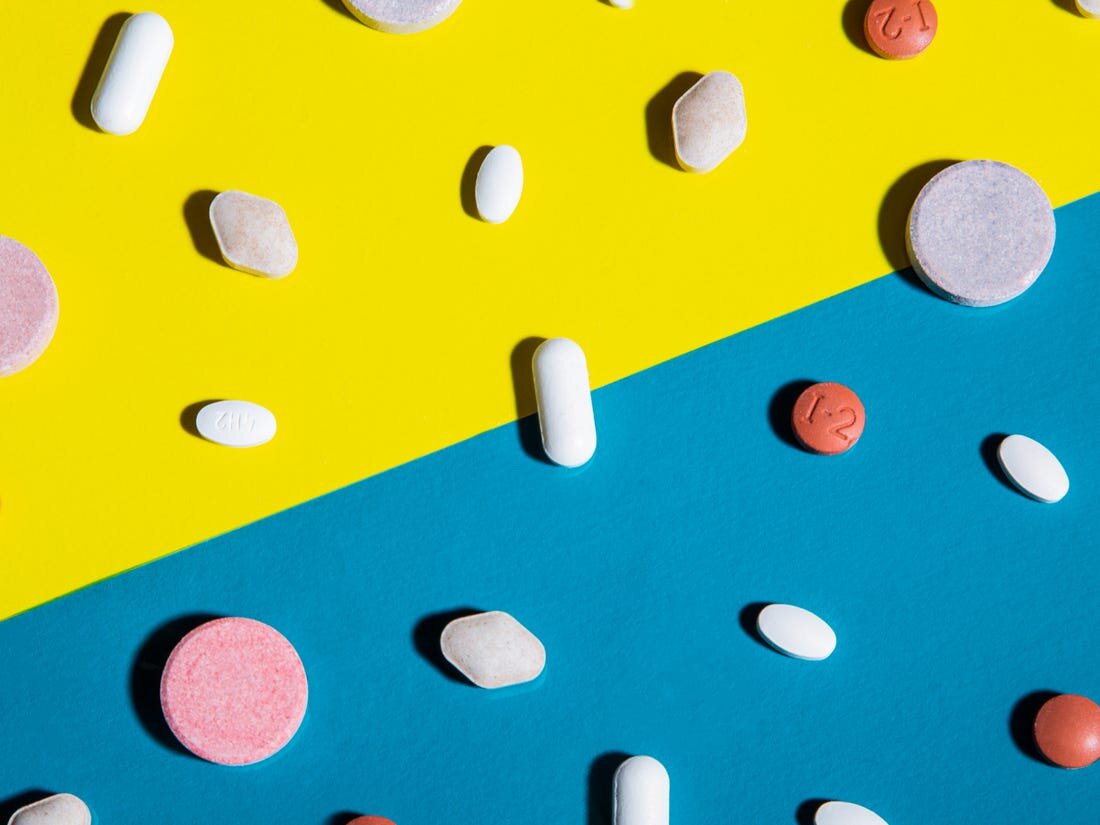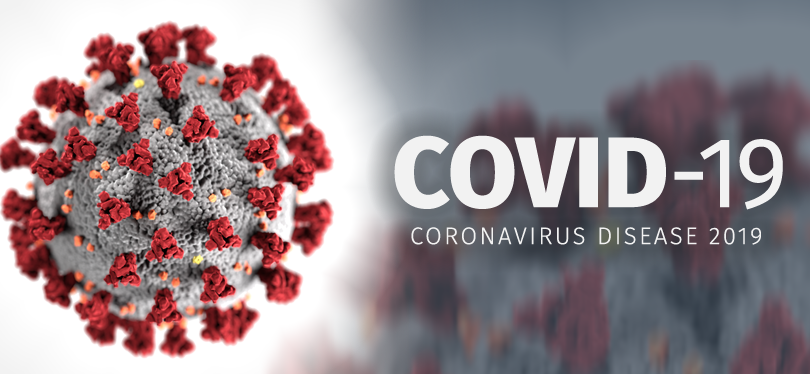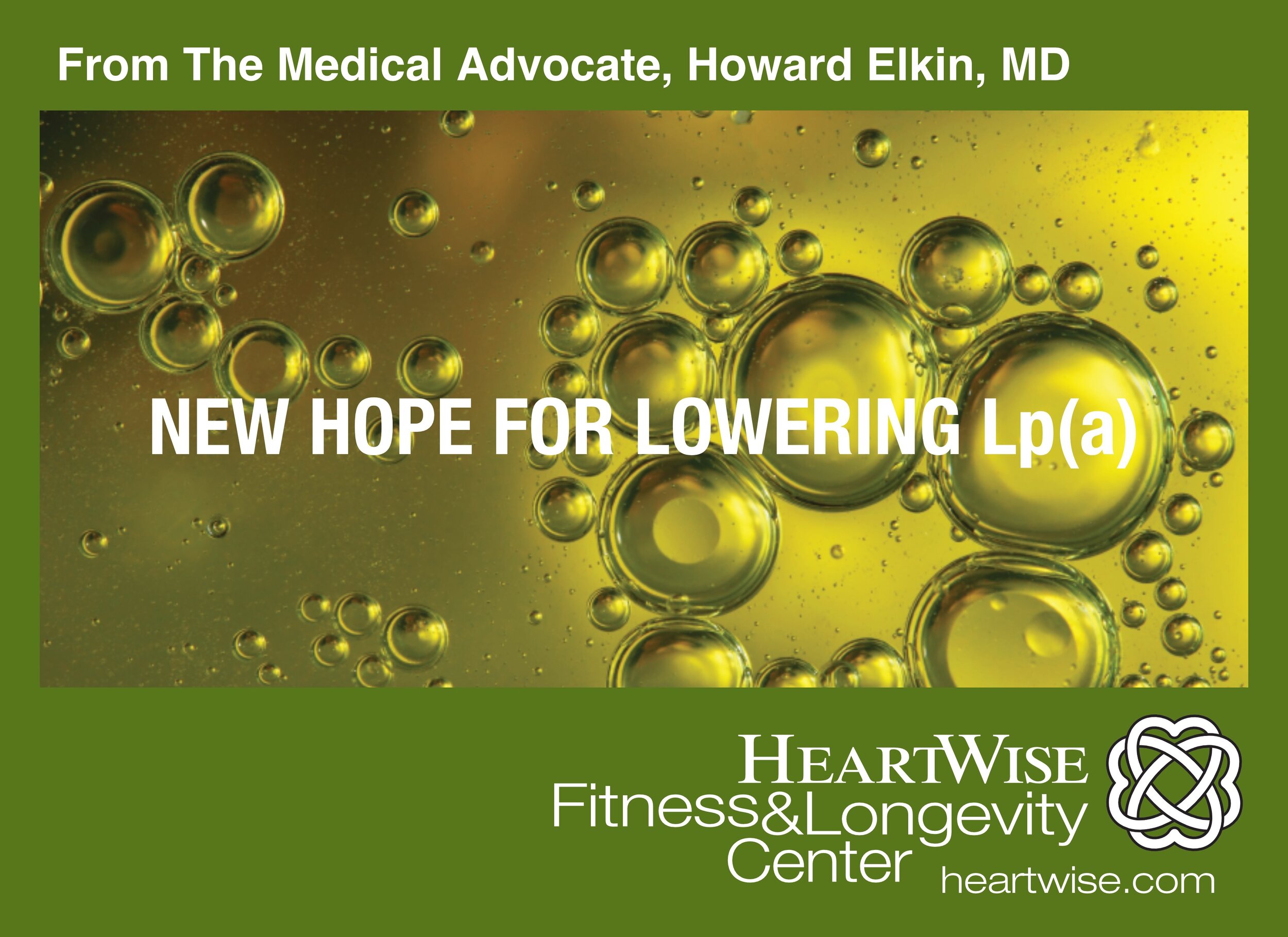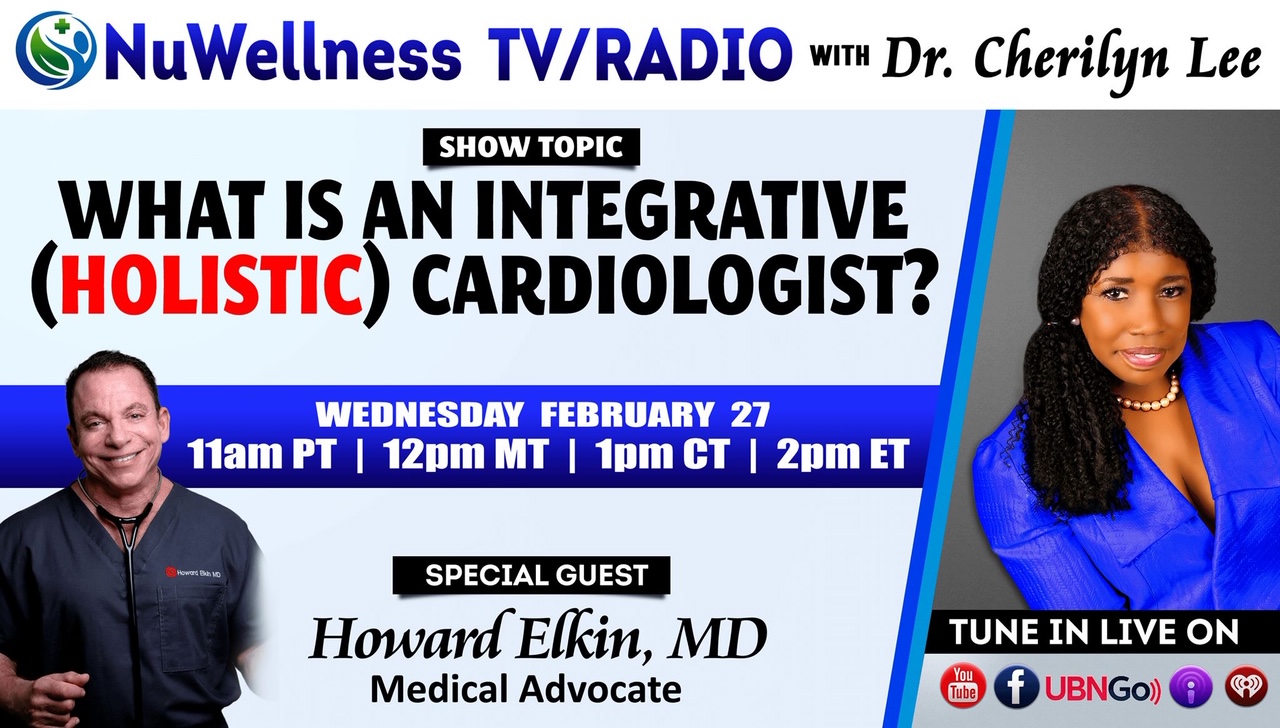In the span of less than a week, all of us are compelled to practice social distancing. We can no longer hit the gym, or attend movies, concerts or sporting events. Eating out at restaurants and all social events are on hold. Children are no longer able to attend school. Many of us feel as if our lives have been turned upside down. All of that is understandable given the sudden nature of events.
That said, we need to drop the panic mode and work together. During periods of social isolation we need to all do our part and remain positive. Uncertainty can be uncomfortable, but we can't allow that to stop us.
Below are a resources by two functional medicine practitioners. The first, a blog post written by Dr. Ben Weitz, DC of Weitz Chiropractic in Santa Monica, and a link to my latest Blog on COVID-19, Which you can READ HERE. Our aim is to give you our perspectives based on the knowledge we presently have with tools to move forward.
Coronavirus, what it is, and what to do about it.
By Dr. Ben Weitz
If you’re watching the news reports all day while you are home from work, you can get completely panicked. You may be thinking that the coronavirus will kill all of us, so you have to avoid contact with everyone and everything by staying in your house and dousing yourself and your pets and your house with bleach and alcohol. In fact, you should bathe in bleach or alcohol. You need to stockpile toilet paper and water and rice, beans, canned and frozen foods because there will be no food to eat or water to drink. Or alternatively, you may think that the coronavirus is just a hoax from the fake news media to get President Trump out of office or it is just a mild flu that you should completely ignore. I have read up on some of the scientific reports about the coronavirus and would like to present a reasonable perspective on what the coronavirus is and how to keep yourself and your family safe without panic and fear. Fear and anxiety will only weaken your immune system.
First we will start with some of the basic facts.
What is the Coronavirus and what is Covid-19?
A virus is a tiny infectious organism that replicates inside of the cells of living organisms, including animals and plants and even bacteria.
The coronavirus that is the cause of the current pandemic is a type of virus similar to the SARS (Severe Acute Respiratory Syndrome) virus that also started in China in November 2002 and spread around the world. These are both coronaviruses that originated from bats.
COVID-19 (Coronavirus disease 2019) is the disease caused by this current coronavirus. Once the virus has infected you, it gets into your cells and starts reproducing unless your immune system can fight it off. Because our immune system does not have antibodies to fight against this particular coronavirus it is referred to as a “Novel” virus, which is one of the reasons why it may be more dangerous than the seasonal flu.
COVID-19 is rapidly spreading and the rate in the US is likely to accelerate over the next few weeks, partially because we have just ramped up testing. The social isolation measures we are taking are designed to slow down the spread and it is likely that the measures we are taking will lead to a leveling off and a slowing of new cases, though this might take several weeks or months. But no matter how long it takes, we will get over this and 6 months or a year from now, things will be much better.
COVID-19 symptoms and incubation period.
After being infected, there is an incubation period of up to 14 days, which means that you may not have symptoms and still be infectious for up to 14 days. This long incubation period is one reason why it is more likely to spread throughout society.
One reason why you should not worry is that for 80% of those infected, they will have mild to moderate symptoms similar to the seasonal flu.
Here are the most common symptoms in order of frequency:
How deadly is COVID-19?
While most (~80%) who contract the coronavirus will have mild symptoms, it appears to be more deadly than the seasonal flu by an order of at least 10 to 1. The numbers out of China look like the fatality rate is between 3 and 4, while the rate in the US right now is between 1 and 2, but that is with many people with minor symptoms who have not gotten tested. The more people who have had it will make the percentage who have died go down due to the math. And we are only just rolling out our testing now, so there are many Americans who have been sick with COVID-19 and were sent home and have recovered and those numbers we don’t know now. When the antibody tests are available, we will be able to get a sense of how many people previously had COVID-19 and recovered.
Those at biggest risk of severe symptoms like pneumonia are those with a weak or compromised immune system or who have existing heart or lung diseases.
How is the coronavirus spread?
While this virus is not airborne, it is spread through respiratory droplets, often produced while coughing or sneezing, which can then land on your face or hands or a nearby surface that you might touch, followed by touching your eyes, nose or mouth or some food or drink. Once this virus lands on a surface, such as a countertop or a door handle it can live there for a few hours and possibly as long as 9 days, according to one study. This is still being debated by the experts.
What is the best way to protect ourselves from getting Covid-19?
Wash your hands for at least 20 seconds with soap and water. The soap makes the fatty layer that surrounds the coronavirus fall apart. Singing Happy Birthday twice is about 20 seconds. Make sure to wash both the palm side and the back side of your hands and fingers. Wash under your fingernails and wash both thumbs.
Wash your hands multiple times per day, including after you blow your nose, cough, or sneeze. Also make sure to wash your hands after you have had close contact with others, after the bathroom, and before and after you eat. You should also wash your hands before, during, and after preparing food, after you touch or feed your pet, and after visiting public spaces, such as stores.
After washing your hands, drying them with a hand towel or paper towels is important, since you can remove germs with the friction.
If there is no soap and water, hand sanitizer or gel that contains at least 60% alcohol is your best bet.
Clean and disinfect frequently touched surfaces, including doorknobs, light switches, desks, phone, keyboards, toilet seats, sinks, etc.
Avoid shaking hands and instead use the elbow or forearm bump. and close contact with others except when necessary, such as going shopping, getting your hair cut, or going to your dentist or doctor.
Avoid touching your face, rubbing your eyes, biting your nails, etc.
If you have to cough or sneeze, do it into the crook of your elbow.
Get chiropractic adjustments, which increase the likelihood that your nerves that start in your spinal cord and exit your spine in between vertebrae can flow freely. Several scientific studies have shown increases in various measures of immune function with chiropractic adjustments.
What not to do.
There is no need to stock up on toilet paper or water. There is not going to be a lack of water. It is a viral infection, not a natural disaster. There is no lack of toilet paper, except that too many people are hording it. Calm down and stop worrying about stuff like this.
There is no need to horde food. There is plenty of food. Give the grocery stores a few days to stock their shelves and you will be able to get the food you need. While some stores might be temporarily out of rice and beans and pasta and frozen foods, there is plenty of fresh fruits and vegetables, which is what much of your diet should consist of anyway. Even if you must be isolated, you will still be allowed to go to the grocery store.
Don’t watch the news before you go to bed or you may have trouble sleeping. Read a book instead.
Don’t stop exercising, even if gyms are closed, as they are in Los Angeles. Do pushups and bodyweight exercises, use bands and dumbbells, and go out for a walk. Walk up a hill at a rapid pace.
Did I mention not to spend too much time watching or reading the news?
Ways to strengthen your immune system to help you fight off the coronavirus if you come into contact with it. Since there is currently no effective treatment for COVID-19 and a vaccine is not available and it could be a year away or longer, the best way to protect yourself is by keeping your immune system strong.
Make sure you get good sleep, since getting sufficient, quality sleep strengthens the immune system.
Continue to exercise regularly, since moderate levels of vigorous exercise improve immune function, including enhanced activity of macrophages, immunoglobulins, and anti-inflammatory cytokines. If you are somebody who exercises by going to the gym like myself and your gym gets cancelled, you should find a way to exercise, such as by
Avoid sugar, processed foods, and junk food
Eat foods that have immune boosting properties, like garlic, ginger, turmeric, onions, broccoli, mushrooms, citrus fruits, red peppers, and green tea.
Drink plenty of clean, fresh water and don’t trust your tap water. Your best bet is to get a water purification system, since plastic water bottles are problematic since chemicals from the plastic can leach into the water.
Meditate
Listen to my Rational Wellness podcast (just kidding).
There are a number of nutritional supplements and nutraceuticals that can benefit your immune system to help you fight off viruses, including the following favorites of mine:
Vitamin C—take 500-1000 mg at least twice per day. If you are sick take 100 mg every couple of hours. Reduce it if you get diarrhea. Intravenous vitamin C may be beneficial in getting very high dosages into your system and there are several clinical studies using 12,000 to 24,000 mg/day IV vitamin C for patients with COVID-19
Vitamin D is super important for your immune system and while it is best to get it from the sun, I have found that even in Southern California many patients have serum levels that are either low or less than the optimal level of 50-70 ng/mL. I have found 5000 IU per day to be a beneficial dosage for many patients, and ideally it should also contain vitamin K.
N Acetyl-Cysteine is an antioxidant has been shown to help with acute respiratory diseases like COVID-19. I recommend 500-1000 mg twice per day.
Resveratrol and quercetin have both been shown to inhibit other types of coronavirus infections, so consider taking both of these. There is currently a clinical trial using quercetin in Wuhan for treatment of COVID-19.
Selenium is a mineral that boosts the immune system. You can either eat 2-3 Brazil nuts or take a supplement of 200 mcg of selenium per day.
Zinc has been shown to have antiviral effects, including against coronavirus. I recommend taking 15-20 mg twice per day for a month or two. If you do this for more than a few months, you should add 1-2 mg of copper.
Reishi, shitaki, and other mushroom supplements contain beta glucans and are extremely potent immune strengtheners. Check out episode 103 of my Rational Wellness podcast with mushroom expert Jeff Chilton.
Probiotics are very important for immune function and there are even specific ones that are more potent for immune strengthening.
Andrographis, echinacea, elderberry, garlic, oregano, and astragalus are some of my favorite immune strengthening herbs that have activity against viruses.


